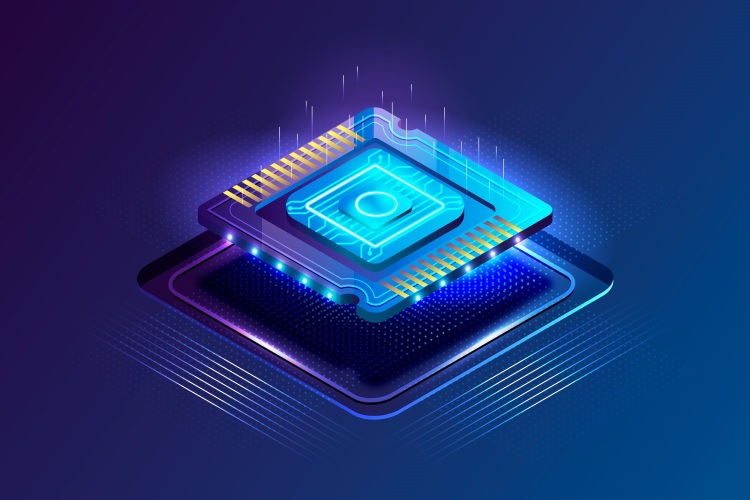OpenAI, the software company responsible for developing ChatGPT, may be considering producing AI chips on its own in the future. So far, these applications have been enabled by Nvidia chips. OpenAI has a Microsoft-powered supercomputer that relies on about 10,000 Nvidia GPUs to develop technologies such as ChatGPT and others.
Due to the increasing popularity of AI technologies such as ChatGPT, the demand for the chips needed to support them has soared, leading to shortages. Sam Altman, the CEO of OpenAI, recently cited this shortage of chips as the cause of ChatGPT’s performance problems, which have been criticized by users.
The shortage of GPUs can be addressed through several strategies, one option being to manufacture their own chips to ensure independence from external manufacturers, supply chains, and price fluctuations. This is an approach that is already of great interest to several technology companies. For example, Microsoft, an investor in OpenAI, has been working on developing an AI chip, codenamed “Athena,” since at least 2019. It is reported that OpenAI has already tested this technology.
However, according to a report from Reuters, OpenAI is seriously considering becoming an AI chipmaker itself to compete with Nvidia. Furthermore, a company that is being considered as a possible takeover target has also already been targeted.
This move into the chip market would also make sense for OpenAI from a financial perspective. Stacy Rasgon, an analyst at Bernstein Research, reports that OpenAI pays about four US cents per individual ChatGPT request. With 100 million active users in the first two months of ChatGPT’s launch, the cost could be significant.
Certainly, there would be a potential to eventually transfer to OpenAI only one-tenth of the requests currently made through Google. However, this would result in a cost of $48 billion, just for GPU costs, with a further annual cost of $16 billion for chips.
However, according to Reuters, it is still unclear whether OpenAI will choose to produce its own chips and proceed with acquiring another company. If that decision is made, it could be several years before OpenAI is able to get its own chips up and running.

